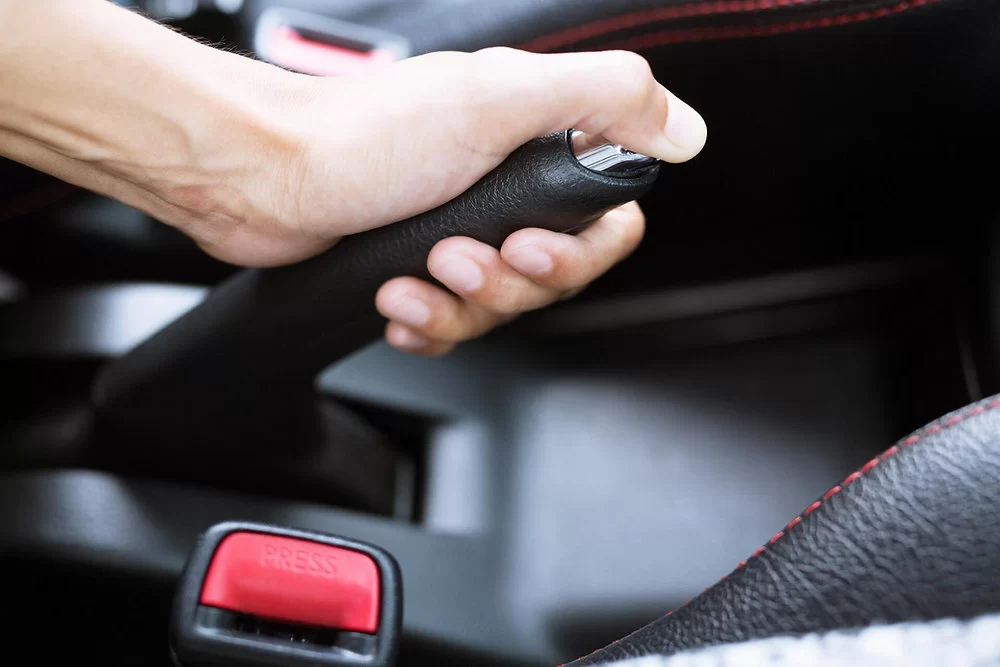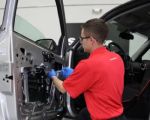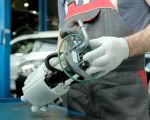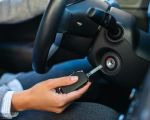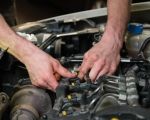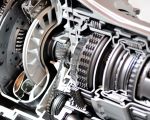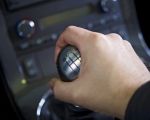How to Handle a Handbrake Failure: Causes, Risks, and Fixes
1. Why Your Handbrake Might Fail
1.1 Worn or Broken Handbrake Cable
One of the most common reasons a handbrake stops working is cable wear. The handbrake system relies on a steel cable to engage the braking mechanism, and over time, it can stretch or snap due to corrosion, fraying, or excessive use.
- Rust and Corrosion: Exposure to moisture can cause rust to form on the cable, weakening its structure and making it prone to breakage.
- Loss of Tension: A stretched cable reduces braking efficiency, preventing the handbrake from fully engaging.
- Complete Cable Failure: If the cable snaps, the handbrake will no longer function, posing a major safety risk.
1.2 Faulty Brake Pads or Shoes
If your car’s brake pads or shoes are excessively worn, the handbrake may not generate enough friction to hold the vehicle in place.
- Glazed Brake Pads: Overheated or hardened brake pads reduce their ability to grip properly.
- Contaminated Brake Shoes: Oil or grease buildup on drum brake shoes can cause them to slip instead of holding firm.
1.3 Mechanical or Hydraulic Failure
Modern electronic handbrakes rely on hydraulic pressure or electronic actuators. A failure in these systems could mean the parking brake won't engage.
- Electronic Malfunctions: Faulty wiring or sensor issues can prevent an electronic handbrake from functioning properly.
- Hydraulic Leaks: For vehicles that integrate hydraulic pressure in their parking brake system, a leak can result in a complete loss of function.
2. Emergency Actions If Your Handbrake Fails
2.1 How to Secure a Parked Car Without a Handbrake
If you discover that your handbrake isn’t working while your car is stationary, follow these steps:
- Engage the First Gear (Manual Transmission): If you drive a manual car, shifting into first gear will prevent it from rolling.
- Use the P Mode (Automatic Transmission): In automatic cars, placing the gear lever in "Park" engages a locking mechanism in the transmission.
- Wheel Chocks or Bricks: Placing a sturdy object behind your wheels can act as a temporary safety measure.
- Find Level Ground: Avoid parking on inclines until the handbrake is fixed.
2.2 What to Do If Your Handbrake Fails While Driving
A failed handbrake while driving can be dangerous, especially on steep roads. Here’s how to react:
- Downshift Gears: In a manual vehicle, shifting to a lower gear will slow the car using engine braking.
- Use the Foot Brake Gradually: Avoid slamming on the brakes. Instead, apply steady pressure to slow down safely.
- Turn to a Safe Spot: If possible, maneuver to a flat area to stop.
- Activate Hazard Lights: Warn other drivers about your issue.
3. Real-Life Scenarios: Drivers Experiencing Handbrake Failures
3.1 Case Study: Broken Handbrake Cable on a Steep Slope
Mark, a driver in San Francisco, parked his car on a steep hill only to find it rolling downhill moments later. After an inspection, his mechanic confirmed that the handbrake cable had snapped due to corrosion. Luckily, his vehicle was stopped by a curb, preventing an accident. He now checks his handbrake system regularly.

Pick Your Part - Help Yourself
1232 Blinn Ave, Wilmington, CA 90744, USA
3.2 Case Study: Electronic Parking Brake Failure
Lisa, the owner of a 2019 BMW X5, encountered a parking brake failure warning on her dashboard. She noticed that the car wouldn't hold still even when engaged. A diagnostic test revealed a software issue in the electronic handbrake system. A quick reset at the dealership resolved the problem.

Pick Your Part - Greer
13054 E Wade Hampton Blvd, Greer, SC 29651, USA
4. How to Fix and Prevent Handbrake Problems
4.1 Regular Inspection and Maintenance
To prevent unexpected handbrake failures, routine inspections are crucial:
- Check the handbrake tension and adjust if necessary.
- Inspect brake pads and replace them if worn.
- Lubricate the cable to prevent rust buildup.
4.2 Repairing or Replacing a Faulty Handbrake
If your handbrake is no longer functioning, seek professional repair. Common fixes include:
- Replacing a snapped or stretched handbrake cable.
- Changing worn brake pads or shoes.
- Repairing electronic handbrake sensors and actuators.
4.3 When to Seek Professional Help
Handbrake failure is a serious issue that requires expert attention. If your parking brake isn’t holding, visit a professional mechanic. If you need emergency towing or repair services, visit Rescue & Towing for expert assistance.

